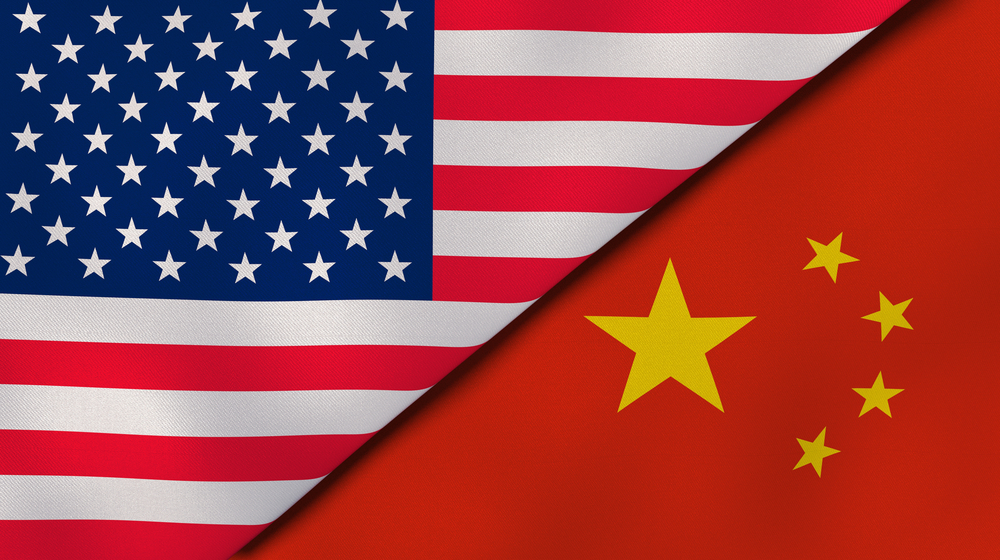

This article is only available to Macro Hive subscribers. Sign-up to receive world-class macro analysis with a daily curated newsletter, podcast, original content from award-winning researchers, cross market strategy, equity insights, trade ideas, crypto flow frameworks, academic paper summaries, explanation and analysis of market-moving events, community investor chat room, and more.
We are a week into December, and the holidays are tantalizingly close. Many people use this time to reflect on the year just gone. But for this Grey Swan, I want to fast-forward to December 2024. Imagine what we could be looking back on then…
China’s Recovery Never Happened
Entering 2Q 2024, it was becoming clear China’s economy was not emerging beyond the shadow of the Covid pandemic as many had predicted.
A big problem was the global economy. As expected, many Western economies slowed as more countries tightened fiscal policy to curb debt growth. Demand for Chinese goods remained tepid, keeping the brakes on Chinese growth.
But the bigger problem was within China. The central government introduced new measures to support the housing sector. These prevented developer bankruptcy and slowed home price depreciation but did little to rekindle consumer confidence or housing demand.
Youth unemployment remained over 20%, with little prospect of improving until the global economy and demand revived.
More ominously, the looming demographic challenge of a rapidly aging population abruptly worsened. The concern had been how to care for people as they grew older and more infirm. But now, China was facing an unexpected rise in debilitating health conditions among people otherwise presumed young enough to care for themselves. It was clear that the near future had arrived.
Unrest Grows
Using the powerful surveillance technology installed during the Covid lockdowns, authorities could see in real time that the toxic combination of a soft economy, moribund housing, frustrated youth, and helpless older people was leading to an increasingly restive population. And there was a growing realization they could do little to stop it.
Disease Strikes
Rumours had circulated for months of rising respiratory infections in parts of the country, but the problem seemed contained.
Then in May, disaster struck. Warming weather caused a massive outbreak of a new pathogen in the Northern provinces. The government immediately cut movement of people and goods between the affected areas and the rest of the country, imposing a news blackout to keep the rest of the world from knowing about it.
That blackout failed. Within days, the world knew some new illness had hit China.
The response was instant and almost universal. Most countries immediately imposed lockdowns – not on their populations but on any interaction with China.
Any airplane coming from China or containing any Chinese nationals or anyone who had been in China in the past 30 days was turned away. Any cargo ships that originated in China or carried goods that had been there were told to return to their port of origin.
Most countries cancelled all commercial contracts with China, citing force majeure clauses. China protested vigorously, but countries cited the costs of coping with the Covid pandemic.
Global Recession, China Depression
The world economy sank into recession, but green shoots soon began sprouting as companies and countries quickly sought out new trading partners.
China dropped almost immediately into depression. Anyone involved even tangentially with export/import activities was out of a job. Many people and businesses who provided services to these people were also soon out of work or bankrupt.
Authorities were alarmed at the rise in subversive behaviour. They turned to the army to impose order, only to see that its 2 million + troops were on the verge of mutiny. The authorities could control the military leadership, but they had no recourse against this threat.
In less than a month, whispers of overthrowing Xi Jinping were growing into a full-throated chorus across the country. Xi could see his ambition of establishing China as the pre-eminent world power was slipping away. But more important to him than that dream was to hold onto power.
A New World Order Dawns
Just as China had abruptly pivoted away from its severe lockdown policies when they became socially untenable, Xi suddenly decided the way forward was to align with the West and G-20 countries and terminate its bellicose foreign policy.
Within days, China invited World Health Organization officials into the country and gave them full access to its records on the Covid pandemic and what it knew about the new pandemic.
Many countries greatly valued the transparency and started to reopen commercial ties with China where they deemed it safe. Within weeks, vaccines and medical treatments for the new pandemic were developed and shipped to China as they became available. By early autumn, the pandemic was under control.
China went further. Every reference to Taiwan being part of one-China was scrubbed from official websites. Chinese armed forces in the China Sea withdrew to mainland ports and bases. China started transforming its Belt and Road Initiative, which as a practical matter had been a form of economic imperialism, into a program of economic cooperation. It terminated all explicit and implicit support of Russia’s invasion of Ukraine.
Most established relationships do not change overnight, and there was much distrust and scepticism about China’s tilt to the West. But there was also strong interest in reestablishing commercial relationships.
By autumn, the Chinese economy was in recovery, unemployment was dropping rapidly, and China had opened discussions with the World Trade Organization to study ways to better work with the global trading system.
China Turns on Russia
As 2024 ended, there were reports that Chinese troops were gathering at the northern border of China. Reliable intelligence reports suggested that China was preparing to invade Eastern Siberia.
The debate was whether China wanted control of natural resources or a full-scale invasion to reassume some 1 million square kilometres of land ceded to Russia in 1858 and 1860.
Whatever claim Russia might have to that land, there was widespread agreement that it was so weakened by its foray into Ukraine that it could not defend those interests.
How that plays out – and more importantly, whether China’s abrupt Westward tilt was a fundamental reset or a realpolitik ploy to address an existential crisis – will be stories for 2025.
.
(The commentary contained in the above article does not constitute an offer or a solicitation, or a recommendation to implement or liquidate an investment or to carry out any other transaction. It should not be used as a basis for any investment decision or other decision. Any investment decision should be based on appropriate professional advice specific to your needs.)
